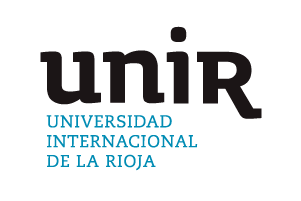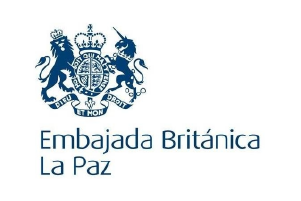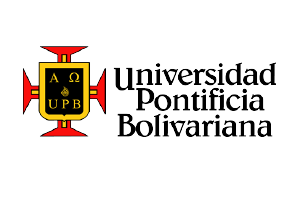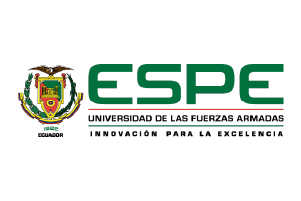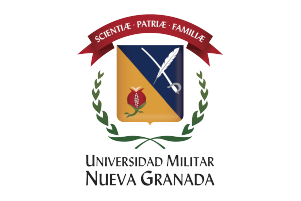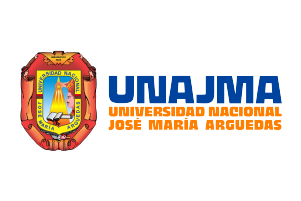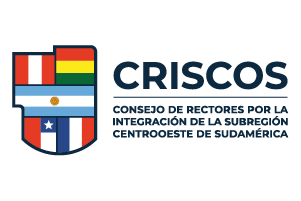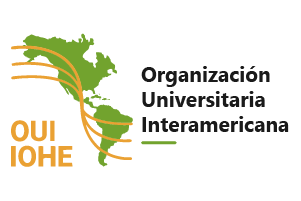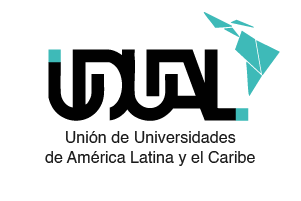EMI INTERNACIONAL
Promueve vínculos bilaterales y multilaterales, para fortalecer el intercambio en: Investigación, Innovación, Ciencia, Tecnología y Socio-Cultural a través de diferentes Programas Académicos Internacionales.
HISTORICAL BRIEFING
The Military School of Engineering – Escuela Militar de Ingeniería "Mcal. Antonio José de Sucre" – was created by Supreme Decree No. 2226 on October 26th during the presidency of Mamerto Urriolagoitia. On November 10th, 1965, Supreme Decree No. 2226 was converted into law, expanding the institution to include Civil and Geodetic Engineering, with the authority to grant national Bachelor's degrees.
On November 10th, 1950, Decree No. 2226 was promoted to National Law No. 286 by order of the National Congress, officially establishing the Military School of Engineering (EMI), in accordance with Articles 209 and 186 of the State Constitution.
The Bolivian University, through the National Higher Education Council, approved EMI’s academic curriculum by Resolution No. 224 on October 22nd, 1974, for its first two academic programs.
Through Resolution No. 030 on March 6th, 1977, the Electronic Systems Engineering program was approved. Later, in 1980, under the order of the Army General Command, EMI began accepting civilian students.
On July 10th, 1981, the National Council for the Bolivian University, in accordance with Articles 181 and 187 of the Bolivian University’s Transitory Statute, recognized EMI as a Military University within the Bolivian University System.
By Resolution of the VIII Conference of Bolivian Universities on June 22nd, 1985, EMI was recognized as an accredited institution authorized to train engineers.
In 1997, the Postgraduate Department was created by resolution of EMI’s Higher Academic Council.
In 2004, the first Research, Science, and Technology Center was established at the La Paz campus. Additional centers were later opened in Cochabamba, Santa Cruz, and Riberalta, equipped with laboratories for experimentation and innovation. That same year, EMI began national and international accreditation processes for its engineering programs, under exceptional and optimal conditions.
By Ministry Resolution No. 0983 of September 16th, 2005, the Ministry of National Defense granted EMI full organizational, technical, operational, and disciplinary administration under the General Army Command.
The Military School of Engineering promotes student and faculty mobility through international academic networks, encouraging technological, scientific, and sociocultural exchange and research.
Today, EMI offers postgraduate programs including postdoctoral, doctoral, master's, specialty, diploma, and continuing education programs in various fields. At the undergraduate level, it trains professionals in thirteen engineering disciplines, as well as three programs at the higher technical level.
EMI currently has academic units in the cities of La Paz, Cochabamba, Santa Cruz, Riberalta, and Shinahota.
CONVENIOS
INTERINSTITUCIONALES


